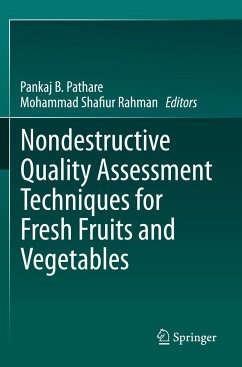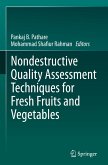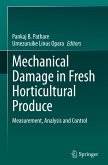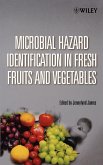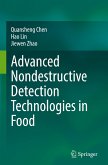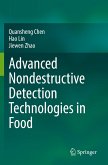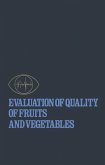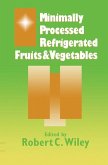This book describes the various techniques for nondestructive quality assessment of fruits and vegetables. It covers the methods, measurements, operation principles, procedures, data analysis, and applications for implementing these techniques.
The book presents the details of nondestructive approaches focusing on the present-day trends and existing future opportunities in the fresh food supply chain. First, it overviews different nondestructive techniques in food quality detection. Then it presents nondestructive methods: monochrome computer vision, imaging techniques, biospeckle laser technique, Fourier Transform Infrared (FTIR) Spectroscopy, hyperspectral imaging, Raman spectroscopy, near infrared (NIR) spectroscopy, X-ray computed tomography, ultrasound, acoustic emission, chemometrics, electronic nose and tongue. Selected applications of each method are also introduced. As a result, readers gain a better understanding of how to use nondestructive methods and technologies to detect the quality of fresh fruits and vegetables.
With a wide range of interesting topics, the book will benefit readers including postharvest & food scientists/technologists, industry personnel and researchers involved in fresh produce quality detection. The book can also serve as a readily accessible reference material for postgraduate students.
The book presents the details of nondestructive approaches focusing on the present-day trends and existing future opportunities in the fresh food supply chain. First, it overviews different nondestructive techniques in food quality detection. Then it presents nondestructive methods: monochrome computer vision, imaging techniques, biospeckle laser technique, Fourier Transform Infrared (FTIR) Spectroscopy, hyperspectral imaging, Raman spectroscopy, near infrared (NIR) spectroscopy, X-ray computed tomography, ultrasound, acoustic emission, chemometrics, electronic nose and tongue. Selected applications of each method are also introduced. As a result, readers gain a better understanding of how to use nondestructive methods and technologies to detect the quality of fresh fruits and vegetables.
With a wide range of interesting topics, the book will benefit readers including postharvest & food scientists/technologists, industry personnel and researchers involved in fresh produce quality detection. The book can also serve as a readily accessible reference material for postgraduate students.

